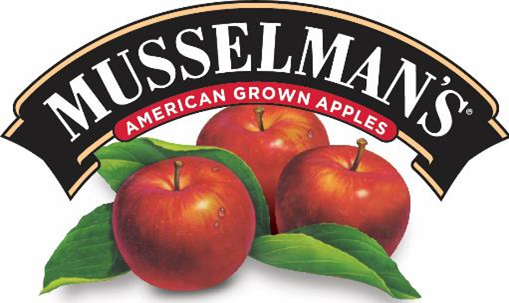
Of course you only want to give your family the best, however, there are a few ways to save some cash on your groceries when considering going organic. Organic farming in general features cultural, biological, and mechanical practices that foster cycling of resources, promote ecological balance, and conserve biodiversity. Synthetic pesticides and chemical fertilizers are not allowed, although certain approved pesticides may be used. In a nutshell, this means that your fruits and veggies come to your local vendor from farms that don’t use chemicals as a means of producing crops and for keeping away bugs and other critters.
While it’s always a good idea to purchase organic foods, there are some fruits and veggies that are considered ‘safe’ by typical food safety standards to consume in the ‘regular’ non-organic state. As a rule of thumb, any fruit or veg that has a skin that you need to peel to get to the edible portion is typically okay (think oranges) or veggies that are resistant to bugs, disease, etc. Check out the below chart for some more ideas!






